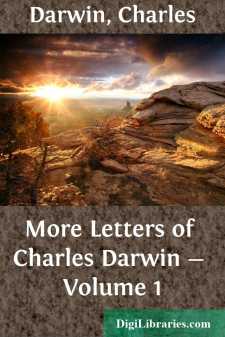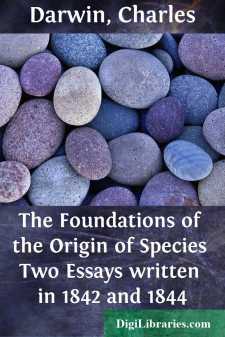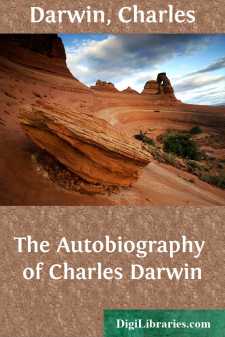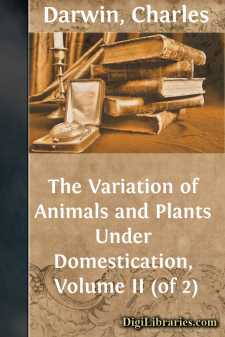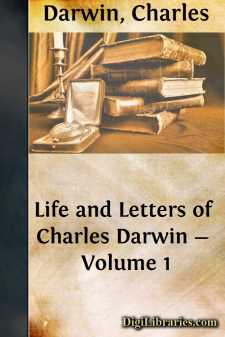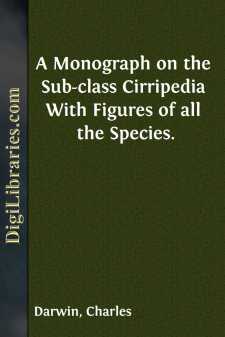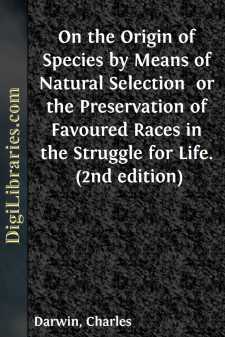Categories
- Antiques & Collectibles 13
- Architecture 36
- Art 48
- Bibles 22
- Biography & Autobiography 816
- Body, Mind & Spirit 145
- Business & Economics 28
- Children's Books 17
- Children's Fiction 14
- Computers 4
- Cooking 94
- Crafts & Hobbies 4
- Drama 346
- Education 58
- Family & Relationships 59
- Fiction 11834
- Foreign Language Study 3
- Games 19
- Gardening 17
- Health & Fitness 34
- History 1378
- House & Home 1
- Humor 147
- Juvenile Fiction 1873
- Juvenile Nonfiction 202
- Language Arts & Disciplines 89
- Law 16
- Literary Collections 686
- Literary Criticism 179
- Mathematics 13
- Medical 41
- Music 40
- Nature 179
- Non-Classifiable 1768
- Performing Arts 7
- Periodicals 1453
- Philosophy 66
- Photography 2
- Poetry 897
- Political Science 203
- Psychology 45
- Reference 154
- Religion 516
- Science 126
- Self-Help 85
- Social Science 82
- Sports & Recreation 34
- Study Aids 3
- Technology & Engineering 59
- Transportation 23
- Travel 463
- True Crime 29
Charles Darwin
Charles Darwin was an English naturalist and biologist best known for his contributions to the science of evolution. He proposed the theory of natural selection, which posits that species evolve over time through the survival and reproduction of individuals best suited to their environments. His seminal work, "On the Origin of Species," published in 1859, revolutionized the way we understand the development of life on Earth.
Author's Books:
Sort by:
by:
Charles Darwin
PREFACE The "Life and Letters of Charles Darwin" was published in 1887. Since that date, through the kindness of various correspondents, additional letters have been received; among them may be mentioned those written by Mr. Darwin to Mr. Belt, Lady Derby, Hugh Falconer, Mr. Francis Galton, Huxley, Lyell, Mr. John Morley, Max Muller, Owen, Lord Playfair, John Scott, Thwaites, Sir William...
more...
by:
Charles Darwin
INTRODUCTION We know from the contents of Charles Darwin’s Note Book of 1837 that he was at that time a convinced Evolutionist. Nor can there be any doubt that, when he started on board the Beagle, such opinions as he had were on the side of immutability. When therefore did the current of his thoughts begin to set in the direction of Evolution? We have first to consider the factors that made for such...
more...
by:
Charles Darwin
CAMBRIDGE 1828-1831. After having spent two sessions in Edinburgh, my father perceived, or he heard from my sisters, that I did not like the thought of being a physician, so he proposed that I should become a clergyman. He was very properly vehement against my turning into an idle sporting man, which then seemed my probable destination. I asked for some time to consider, as from what little I had heard...
more...
by:
Charles Darwin
The subject of inheritance is an immense one, and has been treated by many authors. One work alone, 'De l'Hérédité Naturelle,' by Dr. Prosper Lucas, runs to the length of 1562 pages. We must confine ourselves to certain points which have an important bearing on the general subject of variation, both with domestic and natural productions. It is obvious that a variation which is not...
more...
by:
Charles Darwin
He became much tired in the evenings, especially of late years, when he left the drawing-room about ten, going to bed at half-past ten. His nights were generally bad, and he often lay awake or sat up in bed for hours, suffering much discomfort. He was troubled at night by the activity of his thoughts, and would become exhausted by his mind working at some problem which he would willingly have...
more...
by:
Charles Darwin
INTRODUCTION. THE chief object of the present work is to describe and connect together several large classes of movement, common to almost all plants. The most widely prevalent movement is essentially of the same nature as that of the stem of a climbing plant, which bends successively to all points of the compass, so that the tip revolves. This movement has been called by Sachs "revolving...
more...
by:
Charles Darwin
PREFACE. My duty, in acknowledging the great obligations under which I lie to many naturalists, affords me most sincere pleasure. I had originally intended to have described only a single abnormal Cirripede, from the shores of South America, and was led, for the sake of comparison, to examine the internal parts of as many genera as I could procure. Under these circumstances, Mr. J. E. Gray, in the most...
more...
by:
Charles Darwin
INTRODUCTION. When on board H.M.S. 'Beagle,' as naturalist, I was much struck with certain facts in the distribution of the inhabitants of South America, and in the geological relations of the present to the past inhabitants of that continent. These facts seemed to me to throw some light on the origin of species—that mystery of mysteries, as it has been called by one of our greatest...
more...
by:
Charles Darwin
After having been twice driven back by heavy south-western gales, Her Majesty's ship Beagle" a ten-gun brig, under the command of Captain Fitz Roy, , sailed from Devonport on the 27th of December, 1831. The object of the expedition was to complete the survey of Patagonia and Tierra del Fuego, commenced under Captain King in 1826 to 1830--to survey the shores of Chile, Peru, and of some islands...
more...
by:
Charles Darwin
Enamel and Dentine.—As the secretion decalcified ordinary bone, I determined to try whether it would act on enamel and dentine, but did not expect that it would succeed with so hard a substance as enamel. Dr. Klein gave me some thin transverse slices of the canine tooth of a dog; small angular fragments of which were placed on four leaves; and these were examined each succeeding day at the same hour....
more...


